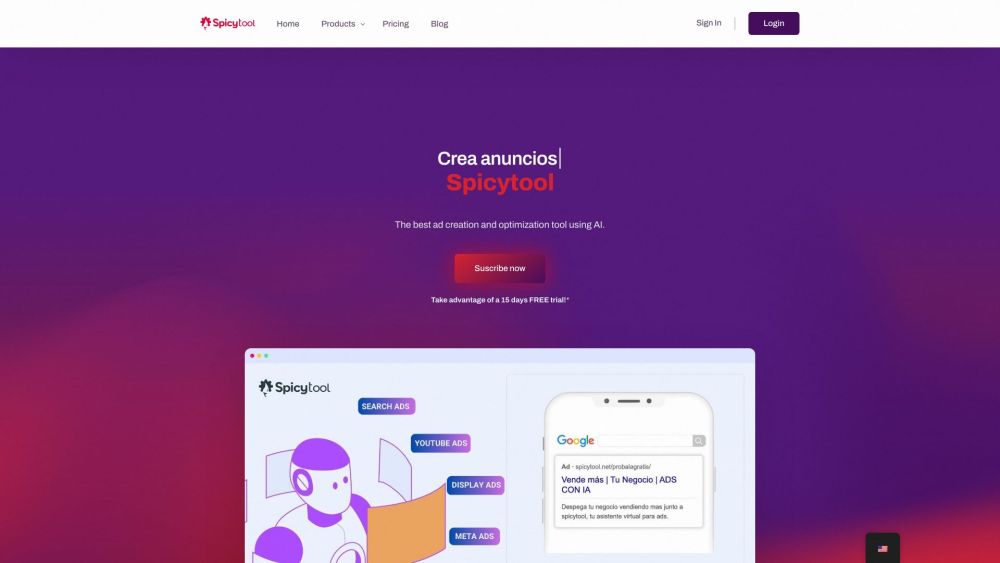Large model companies are pursuing lightweight implementations to lower user entry barriers and capture traffic. Recently, ByteDance's Doubao and the Kimi browser plugin have been launched, with Kimi promoting its latest version as a "lightweight search tool." This update adds two new features: a Q&A tool and a summarizer, enabling users to quickly answer questions and extract key points from lengthy articles, thereby enhancing its role as an AI assistant.
Meanwhile, ByteDance's Doubao has also launched an iterative version of its browser plugin, now at 1.3.0. The push for lightweight features stems from the growing concern among large model companies about traffic acquisition. Despite ongoing advertising for their AI efficiency assistants, user numbers remain limited. According to industry statistics, Doubao's daily active users exceeded 2 million in June, while Kimi and Tian Kong AI surpassed 1 million. As of mid-July, downloads of the Doubao browser reached over 90,000, and Kimi's plugin exceeded 30,000.
The shift towards lightweight solutions raises the question: why are these companies focusing on AI search? The answer lies in the saturation of the large model market, where products have become highly homogeneous and technological differentiation is minimal. With the investment window for model-based products closing, these firms face increased pressure to monetize and are focused on finding viable use cases. By releasing browser plugins, these companies can become primary search gateways, thereby reducing user costs and lowering entry barriers to attract more traffic.
Moreover, large model firms are beginning to explore commercialization strategies. Efficiency tools like Kimi and Doubao naturally include search functions, making it a logical progression to develop these further. The competition for market share in AI search is intensifying, with players such as Baidu, Quark Search, Zhihu, 360 AI Search, and Kunlun Wanwei's Tiangong Search also vying for dominance.
Compared to traditional AI assistants, browser plugins better showcase large model companies' ambitions for commercialization, as search functionalities already come with established advertising revenue models. Traditional search engines primarily rely on information retrieval and website navigation, utilizing keyword analysis for relevant content ranking and filtering. Advertising revenue derived from keyword bidding is crucial.
For instance, Google's advertising revenue reached $206.5 billion in 2023, while Microsoft’s Bing and Microsoft Advertising generated $12.21 billion in the same year. In China, the search engine advertising market grew to 106.3 billion yuan in 2020. Taking Baidu, which holds the largest market share in China, its online marketing revenue reached 72.8 billion yuan in 2020 and 81.2 billion yuan in 2023.
AI search, empowered by large models, can simultaneously perform charting, analysis, and internet retrieval. If AI search becomes a platform ecosystem entry point, large model companies might reshape the industry landscape. An industry expert suggested that effective search should accurately capture user intent and deliver information in one go, eliminating the need for sifting through search results.
However, AI search also faces challenges, notably in identifying sustainable business models akin to keyword advertising, or it risks financial losses. Currently, the search market remains tightly controlled by established giants. As of January 2024, Google's search market share was 82% for desktop and an impressive 95% for mobile users globally. In China, Baidu, Bing, and Sogou ranked as the top three search engines, with respective market shares of 62%, 18%, and 4% observed in April 2024.
In summary, lightweight implementations and vertical scenarios are set to become key themes for large model companies this year, although the path to achieving profitability remains long and challenging amidst high investments.




